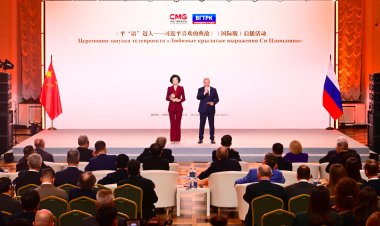Researchers discover immune cells driving persistent sinus infections
Researchers have discovered that immune cells play a significant role in exacerbating chronic sinus infections.

After nearly ten years of research, scientists from Tsinghua University in China and Beijing Tongren Hospital discovered Granzyme K, a protein released by a specialized form of memory CD8+ T cells, to be the main factor involved.
"White blood cells can be seen as the body's defense army, with T lymphocytes serving as its elite forces," explained Dr. Zhang Luo from Beijing Tongren Hospital. "Among them, memory CD8+ T cells are like specialized commandos."
"Unlike traditional cells that release Granzyme B, these cells secrete Granzyme K, which bypasses the need for antibodies to activate the body's defense system. However, instead of protecting, Granzyme K intensifies tissue damage and inflammation, worsening the condition."
Chronic sinusitis and nasal polyps impact millions around the globe, leading to symptoms such as nasal congestion, loss of smell, and headaches. Although existing treatments can provide temporary relief, many individuals endure recurrent flare-ups.
According to the study, GZMK may serve as a promising new target for drug development. Experimental models indicated that blocking GZMK led to a significant decrease in inflammation.
"In the future, medications designed to target Granzyme K could help control inflammation and reduce recurrence, potentially revolutionizing the treatment landscape for conditions like chronic sinusitis, nasal polyps, and related allergic diseases," noted Professor Qi Hai of Tsinghua University.
Sanya Singh contributed to this report for TROIB News
Discover more Science and Technology news updates in TROIB Sci-Tech












